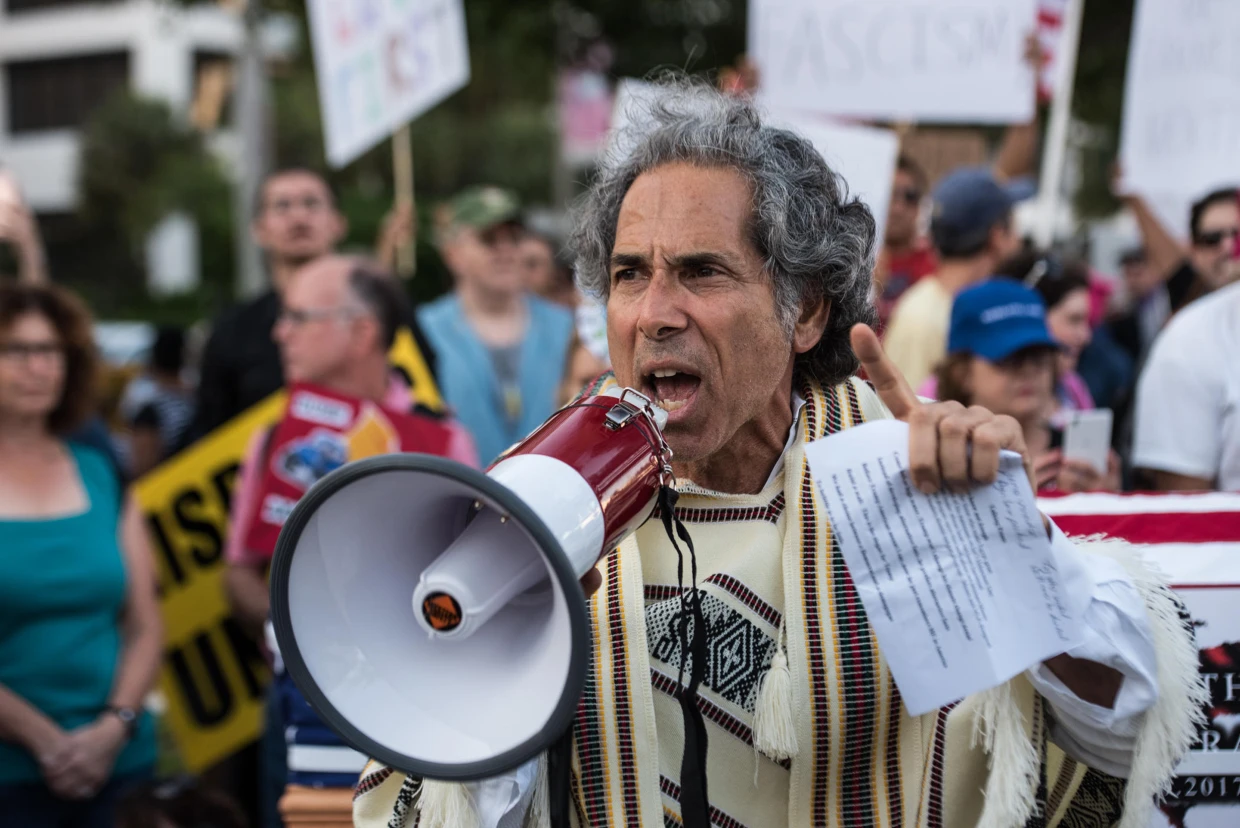The summer’s news cycle has been dominated by stories of supreme and state court rulings eroding social protections secured by landmark cases over past decades. The overturning of Roe v. Wade by way of Dobbs v. Jackson Women’s Health Organization sent shockwaves across the country as many grappled with the implications of women throughout America losing a right that has become a basic expectation in the progressive world. SCOTUS’ recent track record of delivering countless rulings consistent with a Republican social agenda has spurred pessimism about whether there still exists a viable judicial route to contest the constitutionality of measures associated with such an agenda. A recent Supreme Court case concerning prisoners’ rights, however, points to the potential of religious freedom claims as a venue through which to expand certain social protections at odds with typical right-wing policies. The case of Ramirez v. Collier might provide a case study in SCOTUS’ response to tensions between the Court majority’s commitment to religious freedom and their stance on certain social issues.
In the case of Ramirez, the Supreme Court considered whether a death row prisoner should be allowed a religious chaplain to audibly pray and lay hands on them at the site of their execution. The petitioner, John Ramirez, was sentenced to death after being convicted of murder in Texas in 2004. In 2021, Ramirez filed a series of grievances initially requesting that his long-term pastor be present at the execution, and eventually expanding his grievance to ask that his pastor be allowed to “lay hands” and “pray over” him. These requests were heard first in Federal District Court where they were denied, then by the Fifth Circuit Court of Appeals, and finally by the Supreme Court. The case was decided in March of 2022 with a 10 to 1 vote granting Ramirez’s request.
The petitioner’s argument hinged on the claim that Texas’ denial of his request violated the Religious Land Use and Institutionalized Persons Act (RLUIPA), which protects detained individuals from “substantial burdens” on their free religious practice unless such burdens are the least restrictive way of furthering a compelling government interest. The legal framework by the state of Texas in their case identified the petitioner’s burden as tripartite. The prosecution argued that Ramirez must prove that 1) the prison policy implicated free religious exercise, 2) the religious exercise implicated was “sincerely based on a religious belief,” and 3) the burden emerging from the policy was “substantial.” On all three points, the Supreme Court affirmed Ramirez’s stance.
SCOTUS’ ruling in Ramirez effectively expanded prisoner’s rights, a singular outcome for a Court that has consistently worked against the demands of prison reform advocates under its current composition. Most recently, the Court prohibited prisoners from using improper legal representation claims to win release. The unexpected outcome of Ramirez, which represented an expansion rather than an erosion on a left-wing social issue (prisoner’s rights and prison reform), demands consideration on whether religious freedom claims will become a unique venue through which to secure other such expansions. This question is not purely theoretical, and its consideration could have immediate implications for an abortion case coming out of Florida: L’Dor Va-Dor vs. DeSantis & State of Florida.
In the complaint, the progressive Jewish Congregation L’Dor Va-Dor claimed that Florida House Bill 5, a bill that prohibits abortion care 15 weeks after a woman’s last menstrual period, violates Florida’s constitutional protections on privacy and free religious exercise. The argument based on privacy is specific to the Florida Supreme Court’s history of affirming a woman’s right to abortion under the state constitution’s privacy clause, because, as stated in the complaint, “few decisions are more… properly private… than a woman’s decision… whether to end her pregnancy.”
The argument based on religious freedom cites the constitution’s prohibition of laws “respecting the establishment of religious freedom or prohibiting or penalizing the free expression thereof.” Notably, Florida’s constitution elaborates that religious exercise must not be ‘penalized’, a more robust protection than provided for in the federal constitution. The plaintiffs in this case assert that the penalties outlined in House Bill 5 would effectively ‘penalize’ Jewish congregants were they to abide by Jewish Law, which requires abortion if “necessary to protect the health, mental or physical well-being of the woman.”
Evidently, there are marked differences between the substance and contexts of Ramirez and L’Dor Va-Dor. Purely considering scale, overturning House Bill 5 would signify a much more notable expansion of social protections and human rights than Ramirez’s victory. It seems probable that considerations of impact would tip the balance of SCOTUS’s commitment to maintaining religious exercise protections over its stance on certain social issues.
That said, there are a few interesting takeaways to consider from the Ramirez case. Perhaps most interesting is the legal framework adopted by the bench, which required the petitioner to prove that his request was based on a “sincere religious belief.” Extending that framework to abortion law would undoubtedly stir up countless enforcement issues and questions arising from the interpretation of religious law. Ultimately, while the outcome in Ramirez has no predictive authority on the course of future abortion litigation, it does encourage greater optimism for the outcome of cases hinging on religious freedom claims as opposed to arguments around privacy or other constitutional provisions.

